The mayoral candidates presented their plans for overhauling affordable housing, mass transit, education and for permanently shutting down Rikers Island
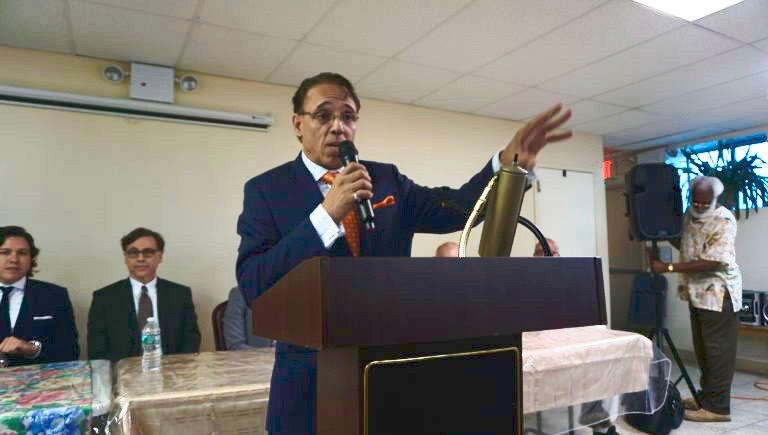
In a mayoral debate hosted at Clarendon Church in East Flatbush on Monday, nine hopefuls running against incumbent Mayor Bill De Blasio laid out their plans to overhaul the city's affordable housing, mass transit and education systems, as well as make good on the mayor's unmanifested promises to permanently shutter Rikers Island.
Cracking down on the affordable housing market
In his fourth mayoral bid, former City Councilman Sal Albanese proposed a "pied-a-terre" tax on foreign property buyers to raise funds for public housing, particularly on uninhabited apartment units that well-heeled investors "flip" for capital gains.
Doing so would coerce homeowners to sell their properties faster or put them on the market for long-term rentals, thereby increasing housing supply. London and Paris have already enacted a similar one-off stamp duty that raises the sticker price on homes - the former by a conservative 3 percent, the latter by 60 percent.
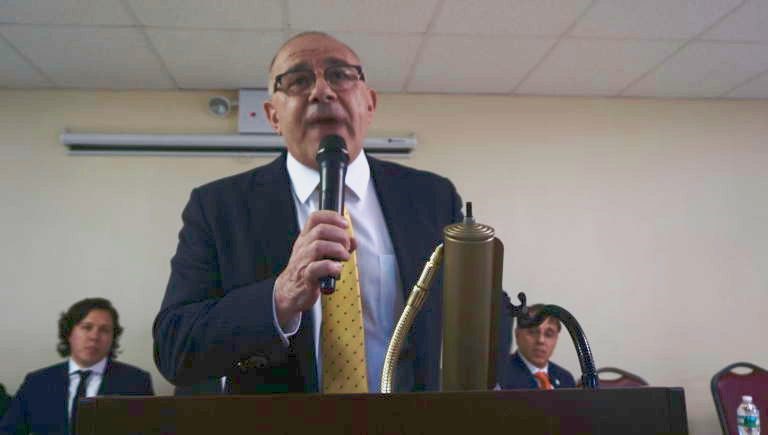
Other candidates insisted on converting unused city-owned property into affordable housing units instead of relinquishing them to private developers who threaten to leave. The youngest mayoral hopeful, Crown Heights-based entrepreneur Collin J. Slattery, 28, said he would refuse to pander to such threats:
"I'll call their bluff. Go, leave, get out. And the truth is that they won't," said Slattery. "And it's true of big businesses as well, because if they want to be somewhere they want to be here in New York City."
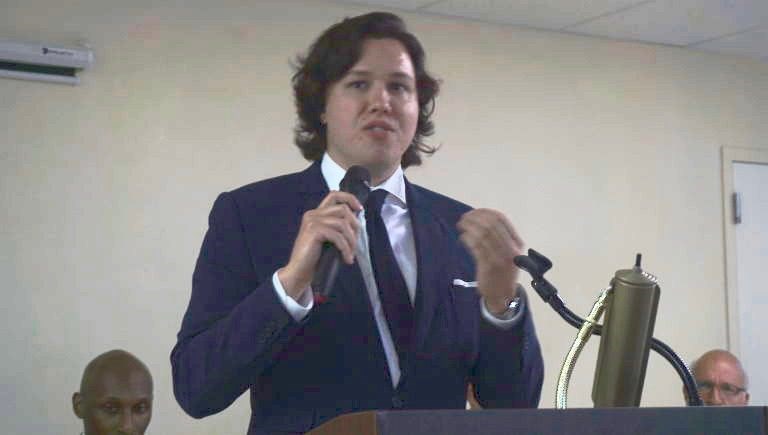
But when pressed for alternatives to existing affordable housing models in which short-term leases allow landlords to evict tenants of affordable housing and re-rent the units at market rate, the candidates offered little in the way of a game plan.
Park Slope resident and real estate attorney Richard Bashner said that the city needs to provide ancillary services at affordable housing sites, particularly for the aging population in need of hospice care or assisted living. Bashner cited the WeLive housing model, an offshoot of the multibillion-dollar startup WeWork, which offers shared office space for startups.
Under the WeLive model, tenants live in dormitory-like units and benefit from shared common areas and amenities. "You can provide for people's needs in a denser situation so you can have add on services for people who can't take care of themselves," Bashner posited.
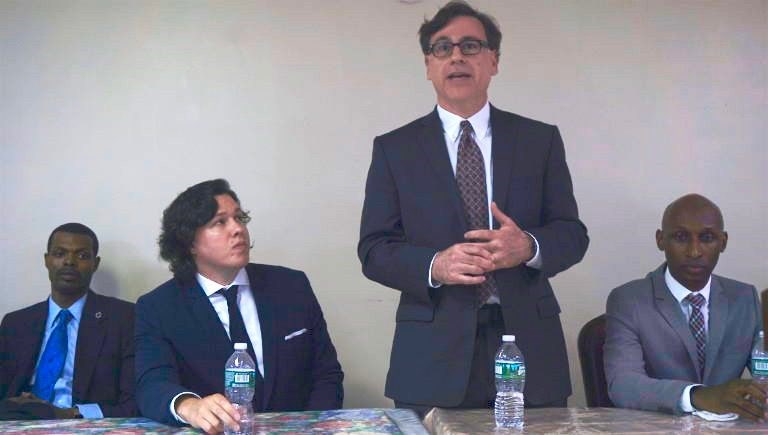
Ending "broken windows" policing
The candidates unanimously decried broken windows policing as disproportionately targeting black and brown communities, whereby law enforcement aggressively targets low-level crimes in a bid to discourage serious felonies like theft and homicide. Police brutality, emphasized Karmen M. Smith, the sole candidate running on the Independent ticket, is the product of an "us versus them" mentality ingrained from when officers begin training at police academy.
"The people and the police are one, they just tricked us into believing we were separated. But we're really on the same side being tricked by the same system," said Smith, who also reiterated his support for the Right to Record Act, which allows civilians to record police activity as long as they do not interfere with or jeopardize it.
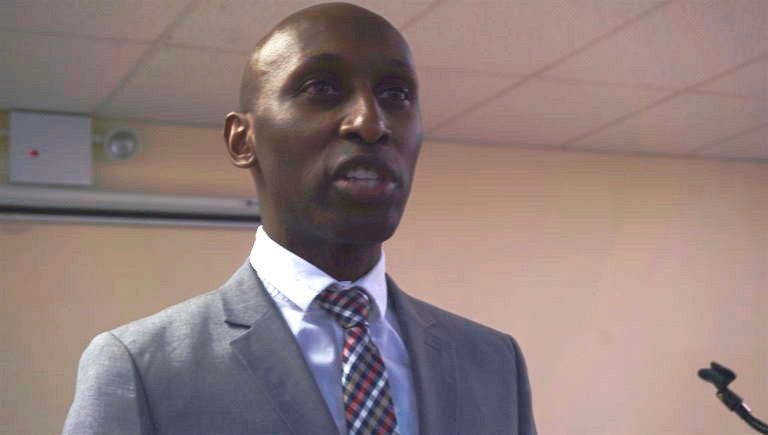
The criminalization of marijuana, added Bashner, is just more arsenal in the "war" against minority communities. "I'd like to point out that after the Civil War, there was amnesty for all the confederate soldiers," Bashner said. "When do we have amnesty for all the kids who were locked up for weed possession?"
Providing free tuition to part-time students
In decreeing free tuition for public universities in New York State, governor Andrew Cuomo sought to target the middle class, while alienating low-income families, the candidates said. One example: the Excelsior scholarship, which provides free tuition to full-time students with household incomes of less than $100,000, is not available to part-time students.
Bashner wants to change that. "I don't see on what basis the governor can discriminate against part-time students," he said, adding that he would like to see an increase in work-study programs over financial handouts, so that students earn their keep.
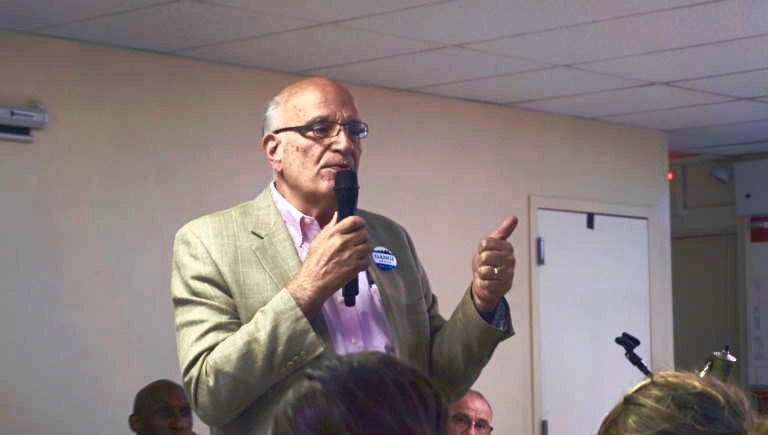
But the program needs more funding in order to scale. That's where the closing of Rikers Island comes in. The budget ballooned to $1.3 billion in the fiscal year of 2016, money that could be diverted elsewhere, the candidates said, considering that 85 percent of detainees have not been convicted of a crime and are simply awaiting trial — the product of a sluggish justice system.
"Most of the people on Rikers Island could be released to the community tomorrow and it wouldn't create a risk to public safety in the community," said community activist Robert Gangi, who is also looking to decriminalize marijuana possession in New York City.
Thus far, 14 candidates have declared that they are running for mayor. The New York City Campaign Finance Board has announced the schedule for upcoming Republican, Democratic, and general election mayoral debates ahead of the November 8 citywide elections.
Correction
Previously BK Reader reported that Mayor De Blasio joined the mayoral candidates for the debate; the mayor was not in attendance nor was he expected to join the debate.


.png;w=120;h=80;mode=crop)
